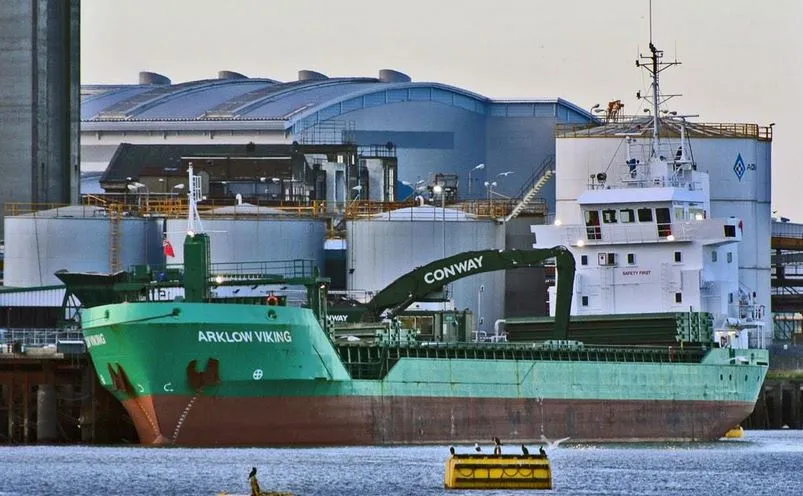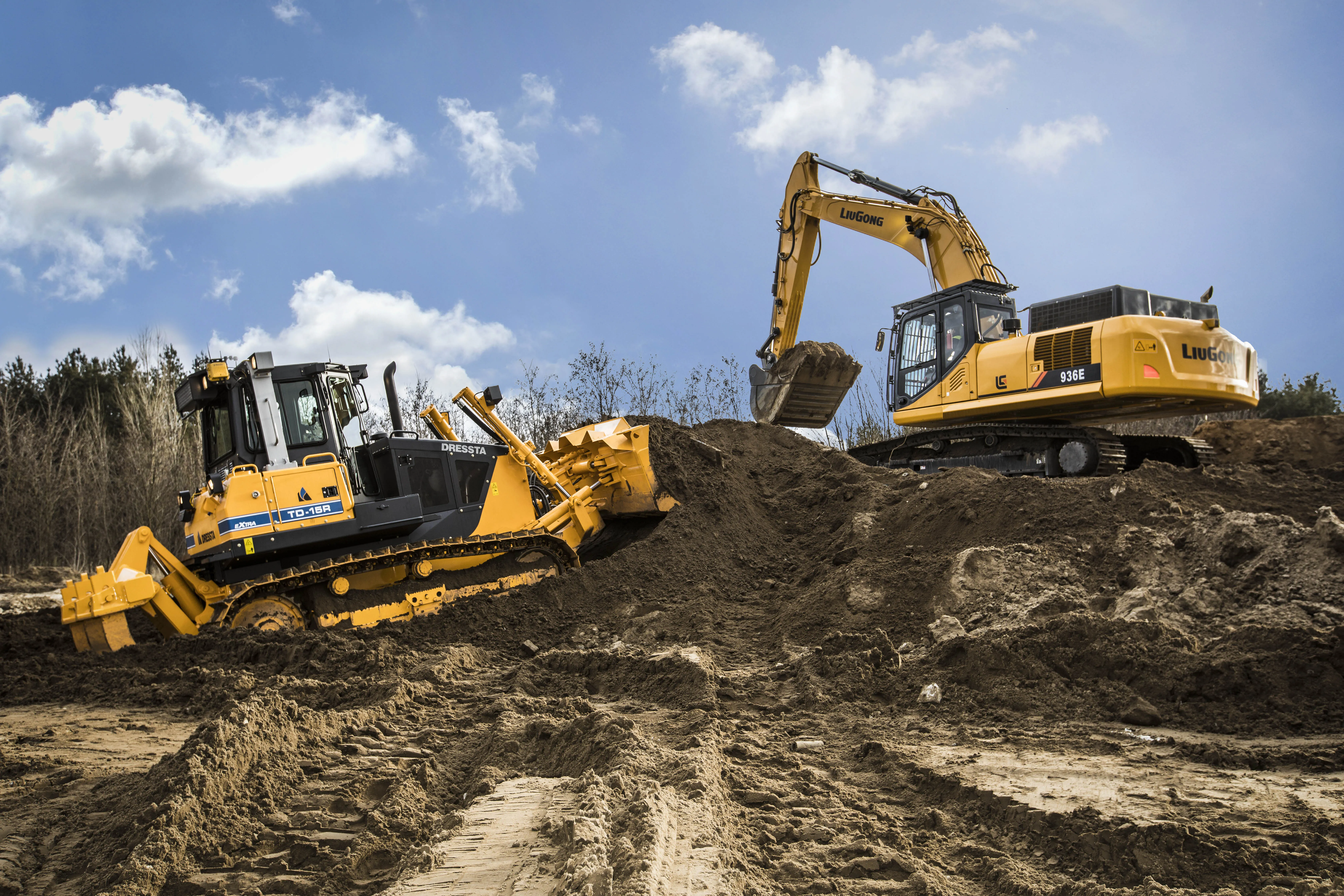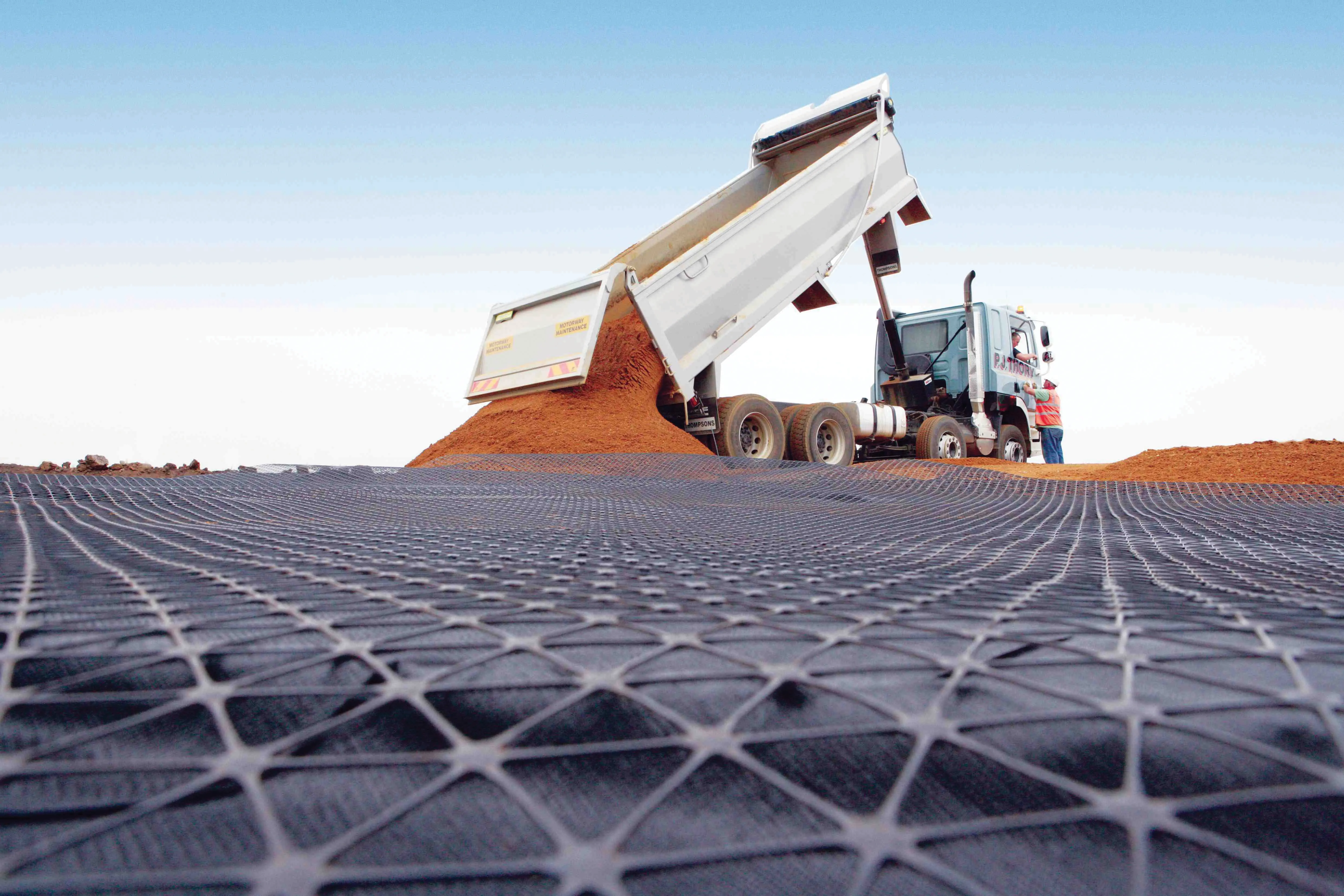Lafarge Cement, part of Aggregate Industries, has launched TerraCem, a novel hydraulic road binder specially formulated for use in soil stabilisation. TerraCem has been designed as a rapid hardening hydraulic road binder to strengthen existing on-site material without the need to import aggregates. It is specifically engineered, using sustainable binder technology, to improve soils, strengthening weak substructure layers to create a working platform and offering reduced embodied carbon in comparison to trad
June 28, 2018
Read time: 1 min
Clive Grudgings, Lafarge Cement commercial director, said, “At Lafarge Cement our focus on research and development, combined with customer-led insight and feedback, has led to the launch of TerraCem: the first of our sector specific, bespoke binders. Designed to maximise site efficiency and reduce overall environmental impact, stabilising with TerraCem is as simple a process as conventional stabilisation with cement.”









